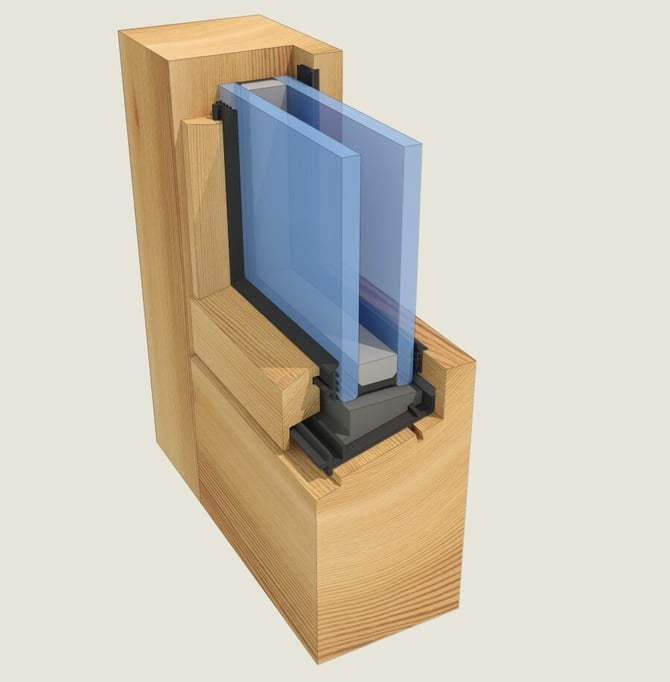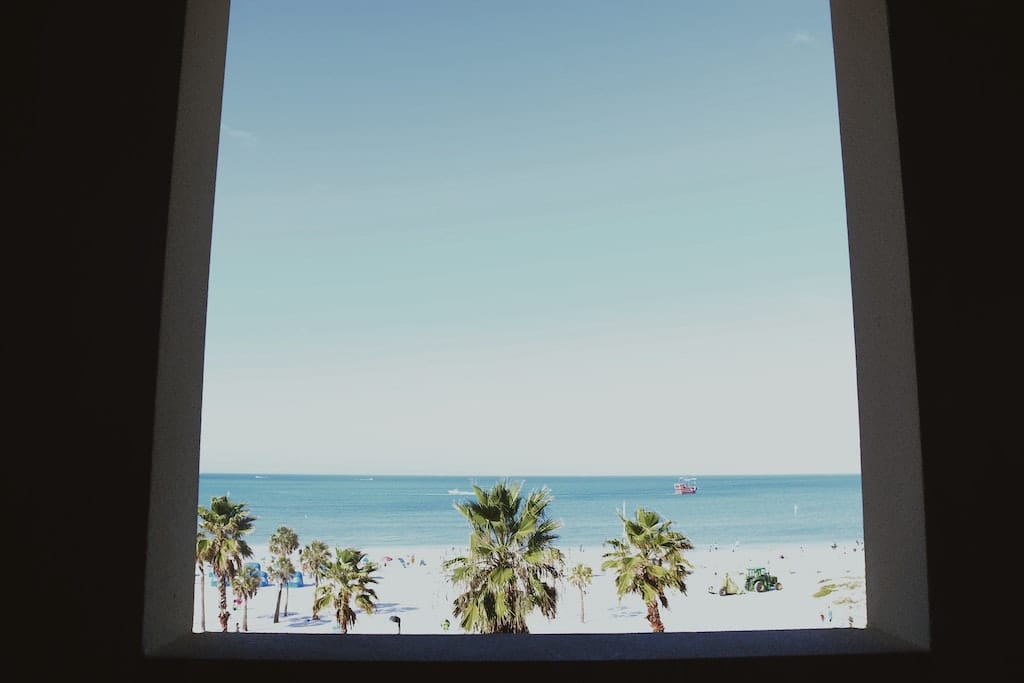All Categories
Featured
Table of Contents
Glazing in Canning Vale WA
Laminated glass is typically used in areas in the home most susceptible to injury from human effect such as restrooms, doors, around staircases and in locations close to the floor (it meets the requirements of 'shatterproof glass' that is mandated for use in these locations by Australian Basic AS 1288 Glass in structures).
Toughened glass has been 'tempered' by being reheated and rapidly cooled again. This procedure makes it much more powerful than standard glass it can resist greater effect loads prior to breaking. It likewise makes it safer since, when it does shatter, it breaks into numerous small cubic pieces rather than hazardous fragments.
5 Benefits Of Double Glazing Windows in Swan View Western Australia
Toughened glass has no thermal or acoustic benefits over other glass of the exact same toning or thickness. Secondary glazing is where single-glazed windows are retrofitted with a transparent acrylic or glass sheet attached to the inside of the frame or openable sash with a secondary frame or with magnetic strips.


Secondary glazing will not perform also thermally as a manufactured IGU, given that it is difficult to absolutely seal the boundary, but it can offer good noise control. Window films are a thin polymer film including an absorbing color or reflective metal layer, with an adhesive backing. They stay with your glazing to change its colour or make it reflective.
Which Double Glazing Company Is The Best? in Bullsbrook WA
Applied to existing glass, some window films can halve the total SHGC of the window by taking in and/or reflecting solar radiation. This can be especially beneficial in hotter climates where cooling is the primary concern, or on east and west elevations directly exposed to extended periods of sunshine. Window films might likewise minimize visible light transmittance.

For this reason, it is generally best to utilize a recognized installer of window film. Frames have a considerable impact on the thermal performance of doors and windows, since energy can be gotten and lost through the frame, in addition to through the glass. Different kinds of frame will enable different levels of heat gain and loss, so mindful option of frame is necessary for reliable passive design.
Techniques For Double Glazing Windows in South Lake WA
Aluminium is likewise a very good conductor of heat and will decrease the insulating worth of a glazing system, unless particularly engineered to decrease this. A 'thermally broken' frame is comprised of 2 aluminium areas linked by a structural insulator (generally a low-conductivity structural polymer). This 'breaks' the thermal connection through the aluminium and lowers the heat streaming through the frame.
Timber frames are an excellent natural insulator that can suit some house styles. Lumber frames need to be made from species that have naturally high resilience or be dealt with to avoid decay and deformation.
Upvc Double Glazed Windows Australia in Willetton Western Australia
This can result in spaces that permit air seepage unless good draught sealing (weather stripping) is installed. u, PVC is a form of plastic (unplasticised polyvinyl chloride, likewise called rigid PVC). u, PVC frames supply outstanding thermal efficiency, frequently much better than timber or thermally damaged aluminium. u, PVC is long lasting and requires very little upkeep, and can be moulded into complex profiles that provide exceptional air seals.
u, PVC windows and doors have excellent thermal efficiency Picture: Ben Wrigley (Light Home Architecture and Science) Composite frames utilize aluminium profiles on the external areas with either a lumber or u, PVC inner section. These combine the low upkeep and durability of aluminium with much improved thermal efficiency.
Table of Contents
Latest Posts
The Surprising Benefits Of Double Glazing In The Summer ... in Dalkeith Western Australia
Why Install Stunning Double Glazing Windows During Summer? in Glendalough WA
Double Glazing Windows in Osborne Park Perth
More
Latest Posts
The Surprising Benefits Of Double Glazing In The Summer ... in Dalkeith Western Australia
Why Install Stunning Double Glazing Windows During Summer? in Glendalough WA
Double Glazing Windows in Osborne Park Perth